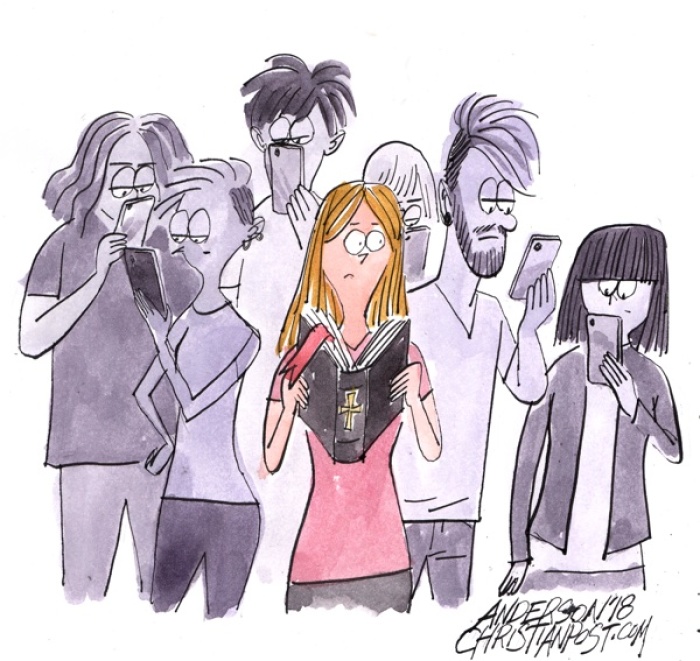Gen Z’s ‘lack of confidence’ and ‘confusion’ over religious, moral issues presents major challenge

A major obstacle in reaching Generation Z, the rising generation that is entering college, is the “confusion” and “lack of confidence” on moral and religious issues, according to an apologist who specializes in student outreach.
Jonathan Morrow, director of Cultural Engagement and Immersion at Impact 360 Institute, is an expert in training high school and college students in Christian apologetics and worldview.
In a recent interview with Mikel Del Rosario on the Dallas Theological Seminary podcast “The Table,” Morrow was asked what he considered to be a big challenge when talking with Gen Z students on faith and moral issues.
Morrow responded that it was “confusion” that was a pervasive problem, citing his experience working with the Barna Group and surveying young people about religion and morality.
“I mean, it was the highest response rate of a Barna study where the response was, ‘I don’t know. I don’t know’ … it was like they didn’t know what to say on some of these categories,” explained Morrow.
“The world that they’ve inherited has really essentially told them, ‘Hey, real truth doesn’t exist on questions of morality and spirituality.’ And so they don’t want to be judgmental. They don’t want to impose on anybody. And they’ve been raised as a generation that’s kind of been taught to believe that how I feel determines what’s real. And that is kind of a default.”
Morrow noted that even when surveying “a group of Christians, who they knew everybody in the room were Christians — this focus group — they almost relativized statements as soon as it came out of their mouth. It’s like, ‘But that’s just, you know, my opinion. That’s just what I believe.’”
“I think there’s this lack of confidence. They don’t want to offend, and, in just general confusion, assume a category’s a moral and spiritual truth,” continued Morrow.
He noted this when trying to create a “baseline” for a Barna study, assuming that the moral conclusion of “lying is morally wrong” would be a good question.
“Only 34 percent of Gen Z could agree with that statement. That wasn’t even a hard one; that was a soft — before we got to pornography or homosexual behavior or whatever it might be; that was more complex,” Morrow noted.
He also talked about what he considered the three kinds of students who leave the church. The first kind he labeled “Christian relativists.” These were youths who believed that “Christianity is true for me” only to leave home and have the relativism change their default religious setting.
The second kind described by Morrow were young people who had doubts or disagreements with the faith, but were raised in an environment where they cannot talk about them with family or their church, thus allowing the doubts to grow.
And the third kind were those who find it “exhausting” and decide to “disengage” increasingly with their beliefs due to acceptance of critical views.
“Technology is huge with this generation on multiple levels because they’re constantly getting narrated to about reality in a way that if they don’t have a counter voice to that, then they’re going to go, ‘Well, that seems reasonable to me. That seems plausible.’ And/or, ‘Christianity’s not good, and it’s not true,’” he added.
In January, LifeWay Research released a report which found that two-thirds of American teenagers who regularly attend worship at a Protestant church for at least one year quit going for at least one year when they reach adulthood.
Major reasons the respondents gave included “moving to college” (34 percent), “church members seeming judgmental or hypocritical” (32 percent), “no longer feeling connected to people in their church” (29 percent), disagreement with the “church’s stance on political or social issues” (25 percent) and employment obligations (24 percent).
The LifeWay report from January derived its findings from a survey done last year of 2,002 respondents who attended Protestant congregations, with a sampling error of plus or minus 2.4 percentage points.




























